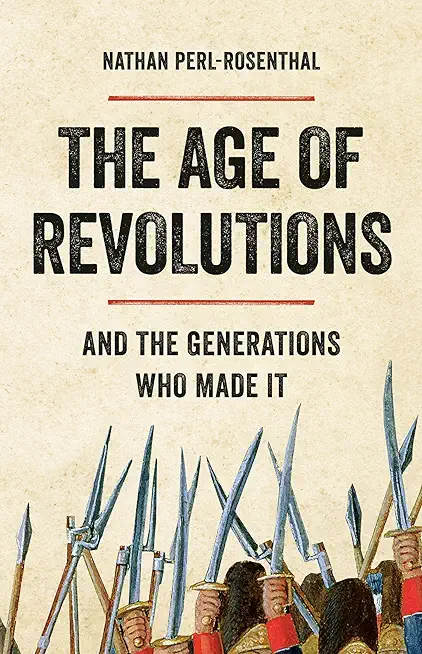
description
1A panoramic, "persuasive and inspiring" (New Yorker) new history of the revolutionary decades between 1760 and 1825, from North America and Europe to Haiti and Spanish America, showing how progress and reaction went hand in hand The revolutions that raged across Europe and the Americas over seven decades, from 1760 to 1825, created the modern world. Revolutionaries shattered empires, toppled social hierarchies, and birthed a world of republics. But old injustices lingered on and the powerful engines of revolutionary change created new and insidious forms of inequality. In The Age of Revolutions, historian Nathan Perl-Rosenthal offers the first narrative history of this entire era. Through a kaleidoscope of lives both familiar and unknown--from John Adams, Toussaint Louverture, and Napoleon to an ambitious French naturalist and a seditious Peruvian nun--he retells the revolutionary epic as a generational story. The first revolutionary generation, fired by radical ideas, struggled to slip the hierarchical bonds of the old order. Their failures molded a second generation, more adept at mass organizing but with an illiberal tint. The sweeping political transformations they accomplished after 1800 etched social and racial inequalities into the foundations of modern democracy. A breathtaking history spanning three continents, The Age of Revolutions uncovers how the period's grand political transformations emerged across oceans and, slowly and unevenly, over generations.
member goods
No member items were found under this heading.
Return Policy
All sales are final
Shipping
No special shipping considerations available.
Shipping fees determined at checkout.







